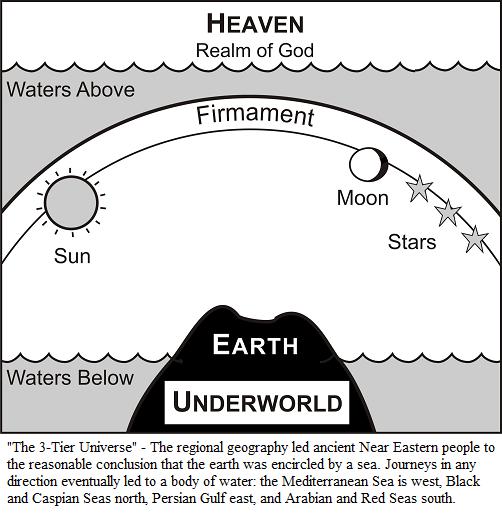One more time Phillis and that is despite the fact that MM addressed this issue in far stronger terms then I have.
First of all if you want to know what the early church fathers had to say on the matter of creation, you have to learn it from the issues they were dealing with at the time:
For some time the early church fathers didn't see the creation of the universe as an issue, they were focused on other things. With the Hellenistic concepts of an eternal universe starting to emerge they systematically rejected any hint of this view that became a major tenant of Gnosticism. By the fourth century it was unanimous, God created everything from nothing.
Creation out of nothing Creation ex nihilo
There has long been some controversy over the length of days, it's not a big deal for me, but it has came up a lot. You have to take the early church fathers in the context they were living in:
Creation Days According to the Church Fathers
The Protestant traditions are uniformly behind the exegesis that God created the universe out of nothing.
"Where is God my Maker?" (Job 35:10). Concerning this the pagan philosophers wretchedly blundered, and became vain in their imaginations, some asserting the world's eternity and self-existence, others ascribing it to a fortuitous concourse of atoms: thus "the world by wisdom knew not God," but took a great deal of pains to lose him.
Matthew Henry Genesis 1
1. In the beginning--a period of remote and unknown antiquity, hid in the depths of eternal ages; and so the phrase is used in Proverbs 8:22 Proverbs 8:23 .
God--the name of the Supreme Being, signifying in Hebrew, "Strong," "Mighty." It is expressive of omnipotent power; and by its use here in the plural form, is obscurely taught at the opening of the Bible, a doctrine clearly revealed in other parts of it, namely, that though God is one, there is a plurality of persons in the Godhead--Father, Son, and Spirit, who were engaged in the creative work ( Proverbs 8:27 , John 1:3 John 1:10 , Ephesians 3:9 , Hebrews 1:2 , Job 26:13 ).
created--not formed from any pre-existing materials, but made out of nothing.
the heaven and the earth--the universe. This first verse is a general introduction to the inspired volume, declaring the great and important truth that all things had a beginning; that nothing throughout the wide extent of nature existed from eternity, originated by chance, or from the skill of any inferior agent; but that the whole universe was produced by the creative power of God ( Acts 17:24 , Romans 11:36 ). After this preface, the narrative is confined to the earth. (Jamieson Fausset Brown, Commentary)
Now that's it, there is no dissenting view with regards to the creation of the universe. Here is something from Jewish tradition:
"I beseech thee, my son, look upon the heaven and the earth, and all that is therein, and consider that God made them of things that were not; and so was mankind made likewise." (2 Maccabees 7:28, KJV)
No one was really worried about Creatio ex Nihilo until the second century when the problems of eternal matter started to emerge in a heresy called Gnosticism. God created everything, ex nihilo, out of nothing which is the clear meaning of bara as it is used in Genesis 1:1.
The thing is, what the universe was created out of, if anything, remains something only God could know. Of course God creating the heavens and the earth refers to the universe. What else is left?
I'm not doing this with you anymore. There are too many other things I could be doing besides fielding pedantic criticisms already dealt with at length.



